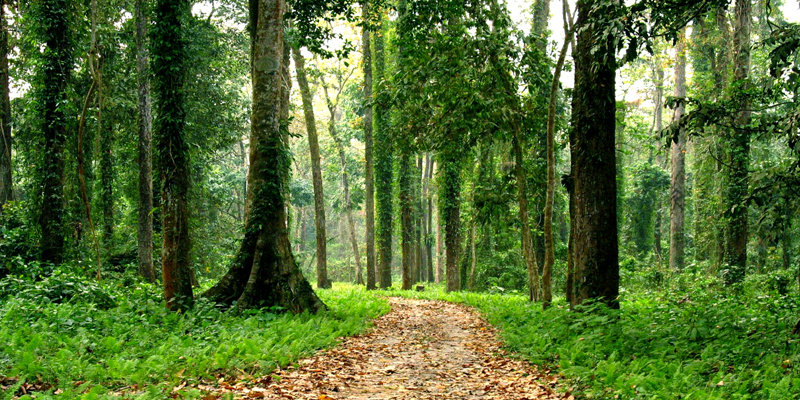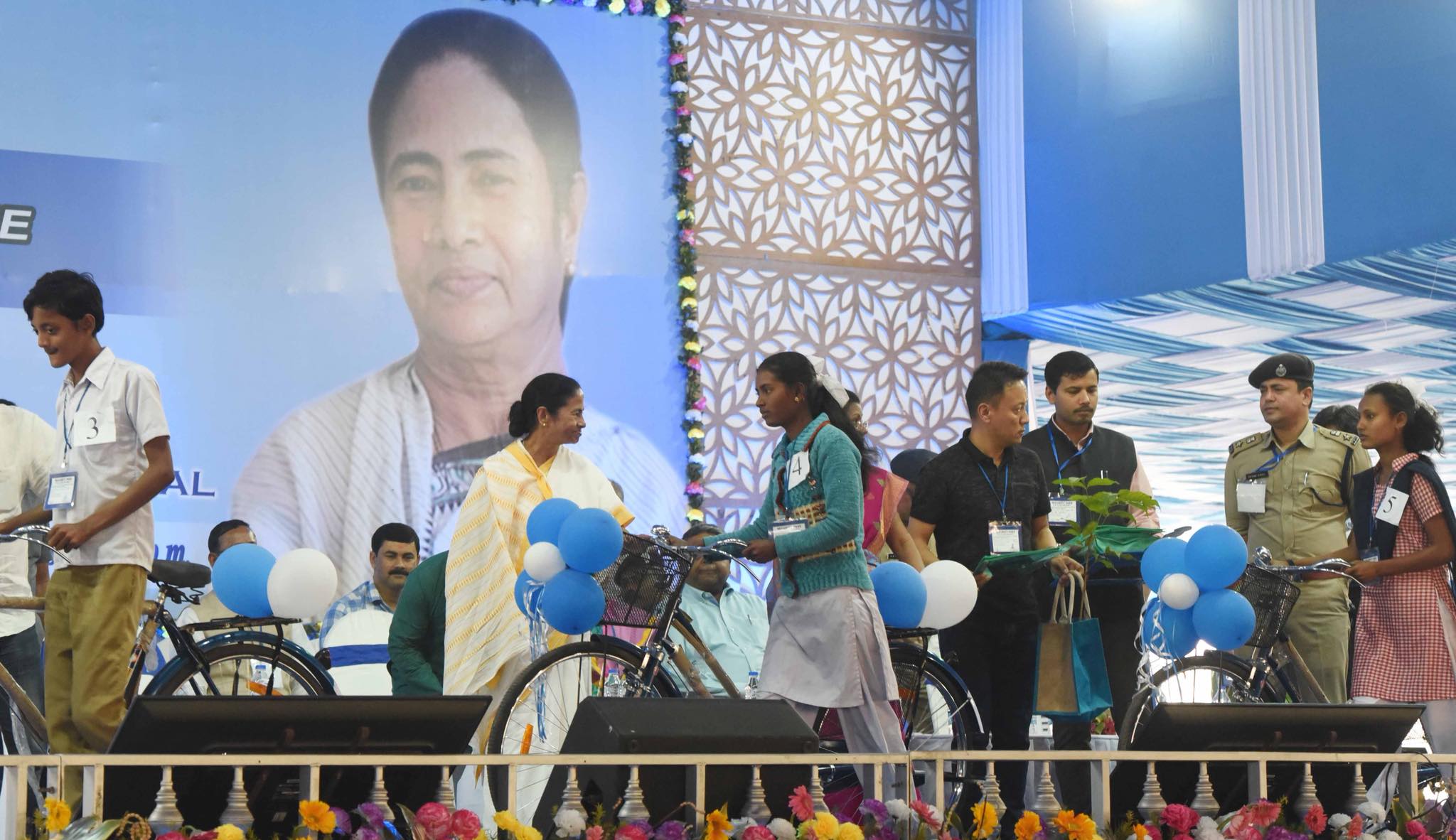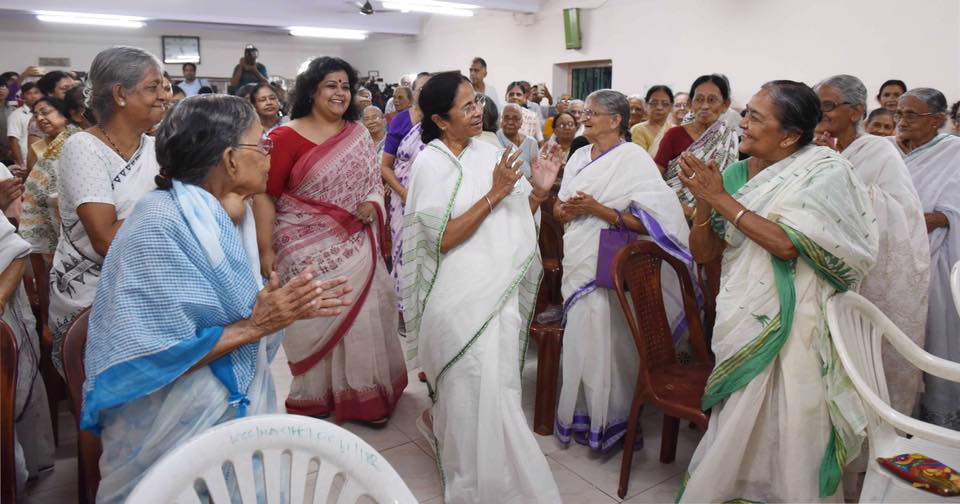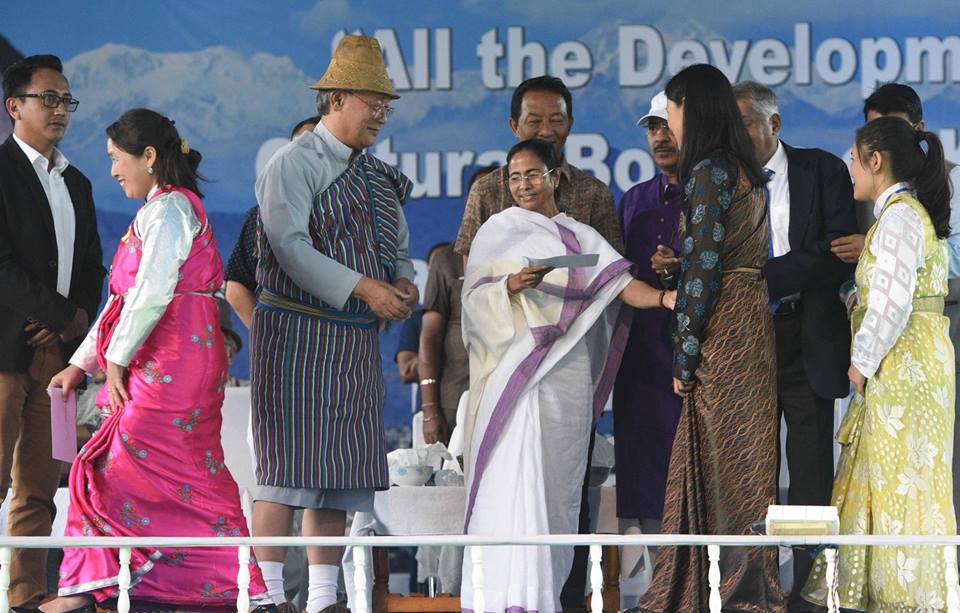The Trinamool Congress and several associations today took part in a huge protest rally at the foot of the Mahatma Gandhi statue on Mayo Road. Speakers highlighted the plight of the common man in the face of all essential prices going up because of the incessant rise in petrol and diesel prices. The rally culminated with a speech by All-India Trinamool Youth Congress President Abhishek Banerjee, in which he exhorted those present to continue with the protest by boycotting all transport and walking home from the protest rally.
Highlights of Abhishek Banerjee’s speech:
At the very beginning, I want to announce a special decision. After the culmination of today’s meeting, we are going to walk home and boycott transport to protest the fuel price hike. Those who are willing may please join us in this protest.
The prices of petrol and diesel have been going up every day for the past 16 days. There is no abatement, there is no compensation. This is affecting the prices of almost everything, hurting the common man badly. Very soon, thanks to the Modi government at the Centre, the price of petrol will reach a century. Before that, we must try to bowl the team out, so that the woes and suffering of the people all over the country will cease.
One after the other, the Modi government has been pursuing anti-people policies. But let me tell you, the Trinamool Congress is not a party that will welt to this continuous onslaught. With every new threat, we stand steadfast and know how to counter each of them. They promised “achhe din”, they promised jobs, they promised so many things…but all this is just talk. Very unlike what the Trinamool Congress has been able to do under the leadership of Mamata Banerjee. We have delivered what we have promised.
They are trying to dictate what the people should wear, what to eat, where to go, where to not go, whom to speak with, whom to meet – is this the freedom that people should be subjected to? For every juncture of one’s life, one is required to produce Aadhaar card. Is this not curbing one’s freedom and right to privacy? These are policies that the our party is vehemently against. We stand for the welfare of the people. That is our primary concern.
Another protest against the fuel price hike will be held by the Trinamool Youth Congress on May 31 in a similar manner. We will not stop till there is relief for the common man. The Karnataka poll outcome has sounded their farewell bell. We will bid them the remaining goodbye with the vote in 2019.










